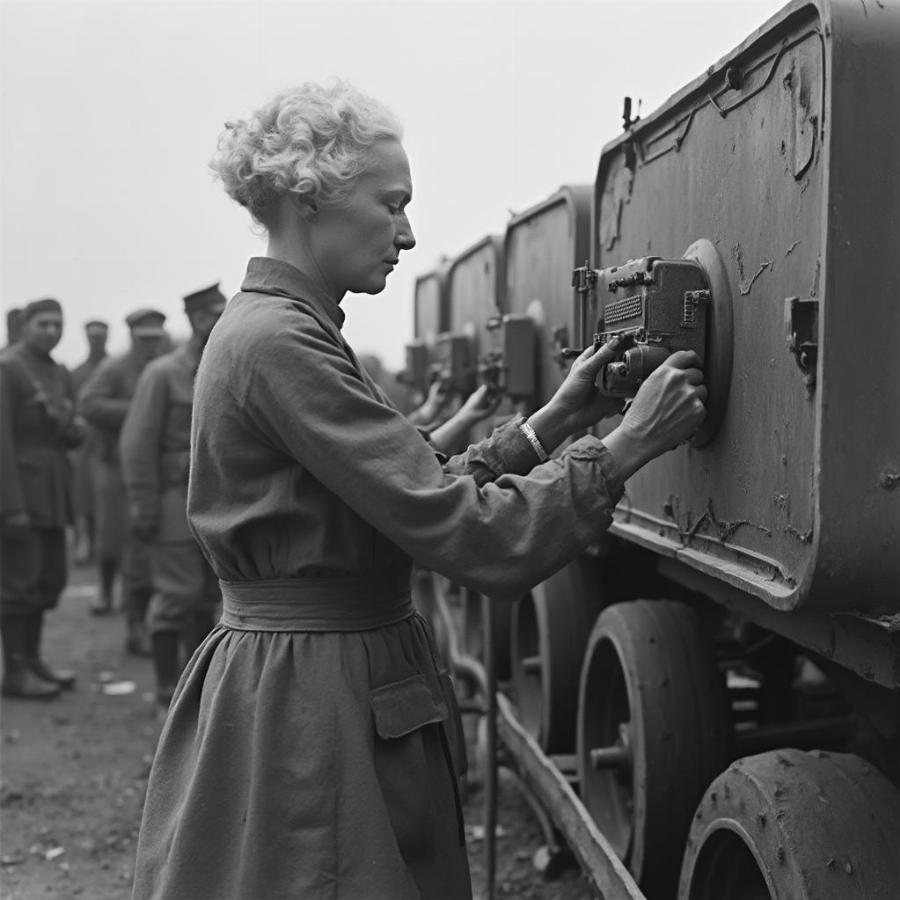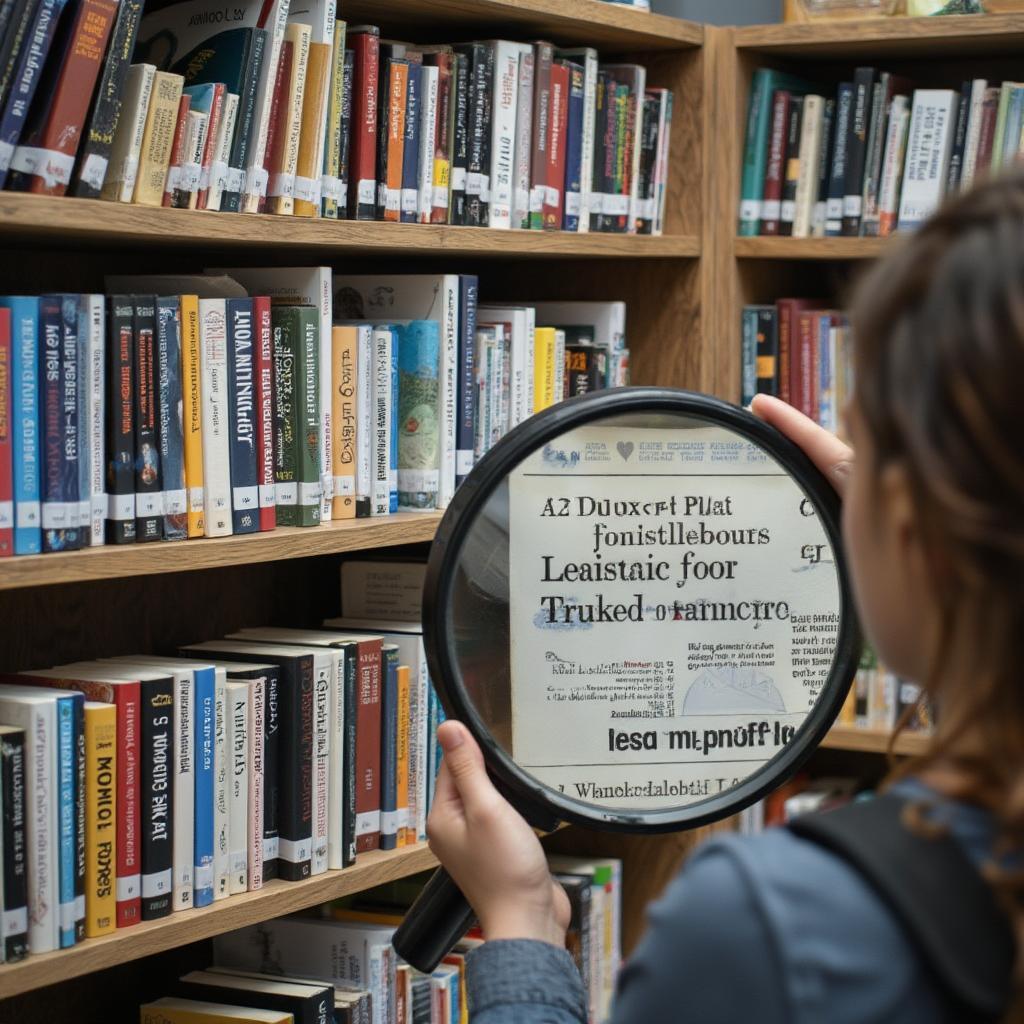A Biography About a Famous Scientist: Marie Curie

Marie Curie, a name synonymous with scientific brilliance, remains a beacon of inspiration for aspiring scientists and a testament to the power of unwavering dedication. Her life, a biography rich with groundbreaking discoveries, personal struggles, and relentless pursuit of knowledge, continues to captivate and inspire generations. This exploration delves into the remarkable journey of Marie Curie, from her early years in Poland to her Nobel Prize-winning research in Paris.
Similar to the biography of popular person, Marie Curie’s story demonstrates how passion and perseverance can overcome significant obstacles. Born Maria Salomea Skłodowska in Warsaw, Poland, in 1867, she faced numerous challenges in pursuing her education, including financial hardship and gender discrimination. However, her thirst for knowledge remained unquenched, leading her to continue her studies in secret and eventually to Paris, where she enrolled at the Sorbonne. It was here that she met Pierre Curie, her future husband and research partner, and embarked on the path that would define her legacy.
Early Life and Education: Shaping a Scientific Mind
Marie Curie’s early life was marked by both intellectual curiosity and personal tragedy. The loss of her mother to tuberculosis at a young age deeply impacted her, but it also fueled her determination to pursue a life of meaning and purpose. Excelling in her studies, she demonstrated an exceptional aptitude for science and mathematics, a passion that would guide her throughout her life.
The Sorbonne Years and the Meeting of Minds
Arriving in Paris, Marie Curie immersed herself in her studies, often surviving on meager rations and enduring harsh living conditions. Her unwavering focus on her scientific pursuits led her to meet Pierre Curie, a physicist who shared her passion for research. Their collaboration marked the beginning of a remarkable scientific partnership that would change the world.
The Discovery of Radium and Polonium: A Scientific Revolution
Marie and Pierre Curie’s research on radioactivity, a term coined by Marie herself, led to the discovery of two new elements: polonium, named after Marie’s native Poland, and radium. This groundbreaking work not only revolutionized the field of physics but also earned them the Nobel Prize in Physics in 1903, shared with Henri Becquerel. Marie Curie became the first woman to receive a Nobel Prize, a testament to her exceptional contributions to science.
The Nobel Prize and its Aftermath: A Legacy Forged
The Nobel Prize brought the Curies international recognition and opened doors to further research. However, tragedy struck again in 1906 when Pierre Curie died in a tragic accident. Despite her immense grief, Marie Curie persevered, taking over Pierre’s teaching position at the Sorbonne and continuing her research.
This echoes the stories of many famous person biography in english, demonstrating their resilience in the face of personal tragedy.
A Second Nobel Prize and Continued Contributions: A Life Devoted to Science
Marie Curie’s unwavering dedication to science led her to receive a second Nobel Prize, this time in Chemistry, in 1911, for her work in isolating pure radium. This unprecedented achievement solidified her place as one of the most important scientists of all time.
The Radium Institute and Wartime Efforts: A Scientist for Humanity
Marie Curie’s commitment extended beyond the laboratory. During World War I, she developed mobile X-ray units, known as “petites Curies,” to assist wounded soldiers on the battlefield. This humanitarian effort saved countless lives and demonstrated her unwavering commitment to using science for the betterment of humanity.

“Marie Curie’s life exemplifies the power of dedication and the transformative impact of scientific discovery,” notes Dr. Eleanor Vance, a prominent historian of science. “Her relentless pursuit of knowledge, despite facing numerous obstacles, continues to inspire generations of scientists.”
Legacy and Lasting Impact: An Enduring Inspiration
Marie Curie’s legacy extends far beyond her scientific discoveries. She paved the way for women in science, demonstrating that gender should not be a barrier to intellectual pursuit. Her life and work continue to inspire countless individuals to pursue their passions and contribute to the advancement of knowledge.
“Her unwavering commitment to scientific inquiry and her humanitarian efforts serve as a powerful reminder of the potential of science to shape a better future,” adds Dr. Vance. “She truly embodied the spirit of scientific exploration and its potential to benefit humanity.”
Conclusion: A Life of Purpose and Discovery
Marie Curie’s biography stands as a testament to the power of passion, perseverance, and a relentless pursuit of knowledge. Her groundbreaking discoveries, her unwavering dedication to science, and her commitment to using her knowledge for the benefit of humanity continue to inspire awe and admiration. Her life serves as a shining example of what can be achieved through hard work, dedication, and a commitment to making a difference in the world. Explore the life of Marie Curie further and discover the remarkable journey of this extraordinary scientist.
This mirrors the inspiring journeys captured in other famous person biography in english, showcasing how individuals can leave indelible marks on the world.
FAQ: Frequently Asked Questions About Marie Curie
- Who was Marie Curie? Marie Curie was a pioneering physicist and chemist who conducted groundbreaking research on radioactivity.
- What did Marie Curie discover? She discovered the elements polonium and radium.
- How many Nobel Prizes did Marie Curie win? She won two Nobel Prizes, one in Physics and one in Chemistry.
- What was Marie Curie’s nationality? She was Polish, later becoming a naturalized French citizen.
- When did Marie Curie die? She died in 1934 from aplastic anemia, likely caused by her prolonged exposure to radiation.
- What was the significance of Marie Curie’s work? Her work revolutionized our understanding of physics and chemistry and laid the foundation for numerous scientific advancements.
- Where did Marie Curie conduct her research? Primarily at the Sorbonne in Paris and later at the Radium Institute.
- What were Marie Curie’s contributions during World War I? She developed mobile X-ray units to assist wounded soldiers.
- Why is Marie Curie considered an inspiration? Her groundbreaking discoveries, her dedication to science, and her humanitarian efforts serve as an inspiration to people around the world.




